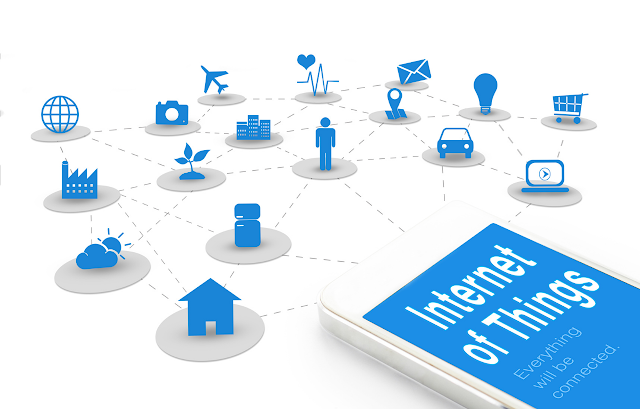In today's fast-paced world, technology continues to evolve at an unprecedented rate, transforming how we live, work, and interact. From artificial intelligence and blockchain to virtual reality and the Internet of Things, emerging technologies are revolutionizing various industries and reshaping our future. In this blog post, we will explore the remarkable impact of these technologies and how they are changing the world around us.
Artificial Intelligence (AI) and Machine Learning:
Artificial intelligence and machine learning have become household terms, driving innovation across numerous sectors. AI-powered systems can now perform complex tasks like natural language processing, image recognition, and autonomous decision-making. From personalized recommendations on streaming platforms to self-driving cars, AI enhances efficiency and transforms industries like healthcare, finance, and transportation.
Blockchain Technology:
Blockchain, the technology behind cryptocurrencies like Bitcoin, is gaining traction beyond digital currencies. Its decentralized and transparent nature makes it suitable for secure and tamper-proof transactions, supply chain management, and identity verification. Blockchain has the potential to revolutionize industries such as banking, logistics, and healthcare by increasing transparency, reducing fraud, and streamlining processes.
Virtual and Augmented Reality (VR/AR:
Virtual and augmented reality technologies blur the line between the physical and digital worlds. VR immerses users in a simulated environment, while AR overlays digital information onto the real world. These technologies are transforming the gaming, education, healthcare, and architecture industries. From virtual training simulations to interactive educational experiences, VR/AR enhances engagement and changes how we interact with digital content.
Internet of Things (IoT):
The Internet of Things refers to the interconnected network of devices and objects that collect and exchange data. IoT has enabled smart homes, wearable devices, and smart cities. By connecting everyday objects to the internet, IoT has the potential to revolutionize various sectors, including healthcare, agriculture, and transportation. IoT improves efficiency, convenience, and sustainability from remote patient monitoring to optimizing energy consumption.
5G Technology:
The introduction of 5G technology promises ultra-fast and reliable connectivity, enabling a wide range of applications. With its low latency and high capacity, 5G will drive the development of autonomous vehicles, smart cities, and advanced telecommunication systems. The increased speed and bandwidth will revolutionize industries that rely on real-time data processing, such as healthcare, manufacturing, and entertainment.
Conclusion:
As we witness the rapid advancements in technology, it is clear that emerging technologies are reshaping the world as we know it. From the power of AI and machine learning to the transparency of blockchain, the immersive experiences of VR/AR, the interconnectedness of IoT, and the speed of 5G, these technologies can revolutionize industries, improve efficiency, and enhance our daily lives. Embracing and understanding these technologies will be crucial as we navigate a future increasingly driven by innovation and technological progress.
Remember, these technologies are constantly evolving, and their impact will continue to shape our future. By staying informed and adapting to these changes, we can harness technology's potential for society's betterment and create an exciting and transformative future.





